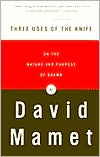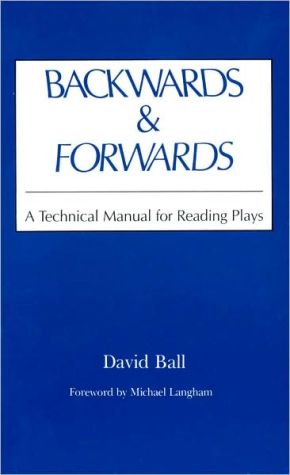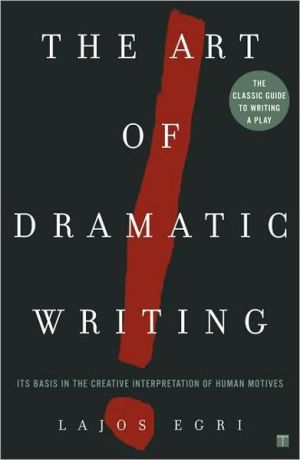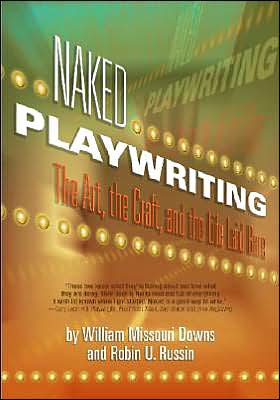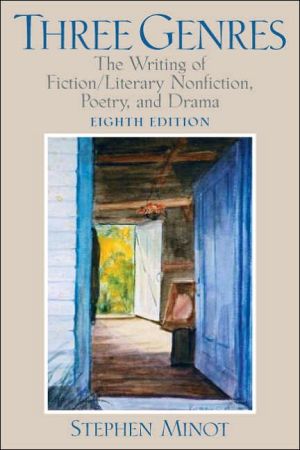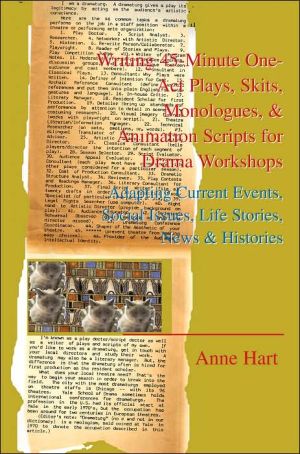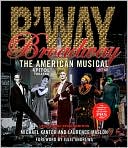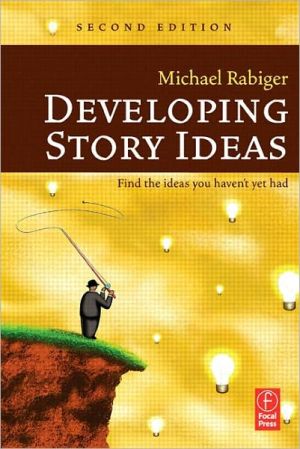Three Uses of the Knife: On the Nature and Purpose of Drama
The purpose of theater, like magic like religion…ids to inspire cleansing awe. With bracing directness and aphoristic authority, one of our greatest living playwrights addresses the questions: What makes good drama? And why does drama matter in an age that is awash in information and entertainment? David Mamet believes that the tendency to dramatize is essential to human nature, that we create drama out of everything from today’s weather to next year’s elections. But the highest expression of...
Search in google:
What makes good drama? How does drama matter in our lives? One of America's most respected writers reminds us of the secret powers of the play. Pulitzer Prize-winner David Mamet celebrates the absolute necessity of drama — and the experience of great plays — in our lurching attempts to make sense of ourselves and our world. Library Journal One of America's leading living playwrights has crafted three short essays beginning with the premise that it is "our nature to dramatize." The belief in the centrality of drama to our daily lives and the centrality of our daily lives to good drama is the recurrent theme of his ruminations here. While he disdains the current vogue for "problem plays," he avoids attacking any of his contemporaries or their works. And without offering a how-to guide for aspiring playwrights, he provides some interesting thoughts on the inevitable difficulty in creating a convincing second act. Known and respected for his ability to create hyperrealistic dialog, Mamet ultimately reveals the theoretical justification for the sort of drama he writes so well. The text reads a bit like a lecture and never quite convinces the reader that this is a fundamental redefinition of drama. Still, it will be compelling to students of theater and serves as a good companion to Mamet's advice to actors, True and False (LJ 10/1/97). Recommended for academic and large public libraries.Douglas McClemont, New York
One the Wind-Chill Factor The Perfect Ball Game Anti-Stratfordianism The Problem Play Letters of Transit Two. Second Act Problems Violence Self-Censorship Three. Three Uses of the Knife The Eleven O'Clock Song The End of the Play
\ From the Publisher"[Mamet] brings his usual passion and provocation to his treatise on what makes good drama." —Vanity Fair\ "No modern playwright has been bolder or more brilliant." —The New Yorker\ "Pinter, Albee, Miller. They're all looking over Mamet's shoulder." —New York\ "David Mamet adds yet another segment to a body of work that puts him among the great writers of this, or any other, time." —Joe Mantegna\ \ \ \ \ \ Library JournalOne of America's leading living playwrights has crafted three short essays beginning with the premise that it is "our nature to dramatize." The belief in the centrality of drama to our daily lives and the centrality of our daily lives to good drama is the recurrent theme of his ruminations here. While he disdains the current vogue for "problem plays," he avoids attacking any of his contemporaries or their works. And without offering a how-to guide for aspiring playwrights, he provides some interesting thoughts on the inevitable difficulty in creating a convincing second act. Known and respected for his ability to create hyperrealistic dialog, Mamet ultimately reveals the theoretical justification for the sort of drama he writes so well. The text reads a bit like a lecture and never quite convinces the reader that this is a fundamental redefinition of drama. Still, it will be compelling to students of theater and serves as a good companion to Mamet's advice to actors, True and False (LJ 10/1/97). Recommended for academic and large public libraries.Douglas McClemont, New York\ \ \ The New YorkerNo modern playwright has been bolder or more brilliant.\ \ \ \ \ New YorkPinter, Albee, Miller. They're all looking over Mamet's shoulder.\ \ \ \ \ Vanity Fair[Mamet] brings his usual passion and provacation to his treatise on what makes good drama.\ \
